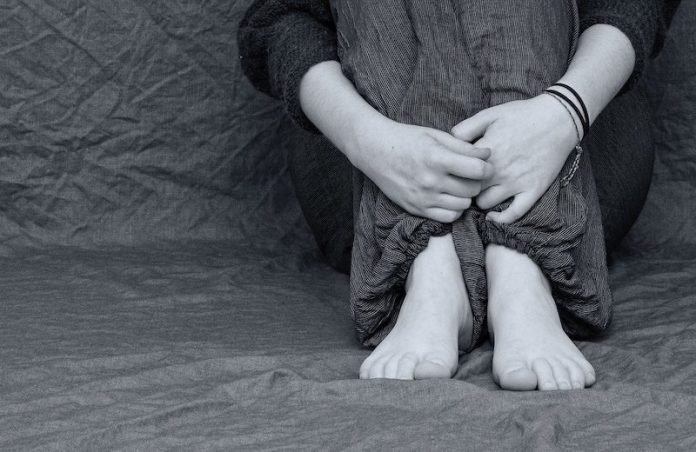
In a new study, researchers found that in many children and young people with obsessive thoughts and compulsions experience, their OCD, anxiety and depressive symptoms worsen during a crisis such as COVID-19.
The research was conducted by a team from Aarhus University and elsewhere.
Trauma and stress can trigger or worsen OCD. Researchers already know this. They have also shown us that COVID-19 may be associated with adults developing psychiatric disorders.
But they do not know much about what the corona crisis means for children and young people.
In the study, the team decided to examine how children and young people with OCD experience the crisis.
During the spring of 2020, the researchers sent a questionnaire to two groups of children and young people between the ages of seven and 21.
One group had been diagnosed with OCD in a specialized OCD section at the Centre for Child and Adolescent Psychiatry—and all had been in contact with a therapist at the hospital.
The other group was identified through the Danish OCD Association. The majority of these children and young people had been diagnosed years ago. A total of 102 children responded to the questionnaire.
Almost half of the children and young people reported that their OCD symptoms had become worse, while a third of them replied that their anxiety had worsened and a third that their depressive symptoms had worsened.
And of these, almost a fifth experienced that all symptoms had got worse. In the other group, 73% reported that their condition had worsened, just over half that their anxiety had worsened, and 43% answered that the depressive symptoms had increased.
The children and young people who in the questionnaire had described thoughts and anxiety over how something serious could happen, e.g. that they themselves could become ill or lose family members, experienced the most significant worsening of their OCD symptoms.
In particular, children who had begun suffering from OCD at an early age experienced the most pronounced worsening.
The team says for children who are already anxious about loss, the daily descriptions in the media of illness and death and recommendations about isolation and focus on infection can exacerbate these anxious thoughts, perhaps also especially for the youngest children, who may have greater difficulty understanding the significance of the infection, but who are also very dependent on parents and grandparents and thus are most vulnerable to lose.
On the other hand, there is no correlation between anxiety about infection and impulsive hand washing.
One author of the study is Professor, Department Chair Per Hove Thomsen.
The study is published in BMC Psychiatry.
Copyright © 2020 Knowridge Science Report. All rights reserved.




